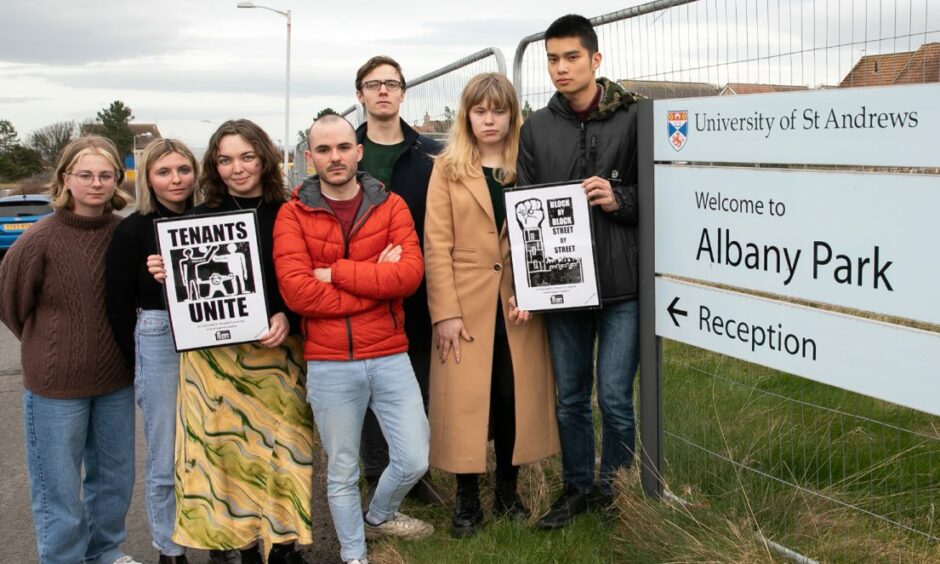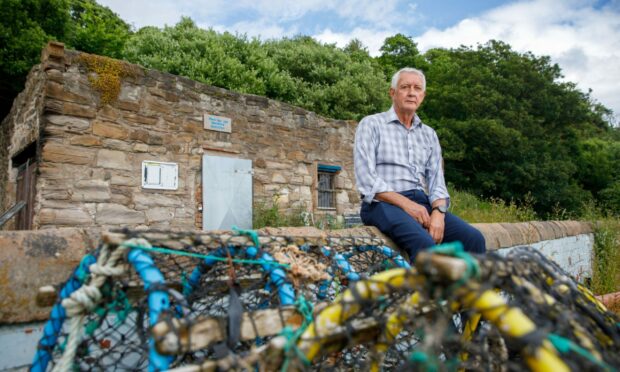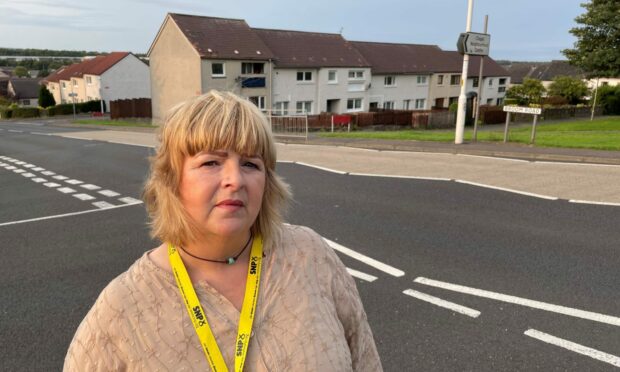A New York Times bestselling author was duped out of thousands of pounds while looking for a flat in St Andrews.
Jane Green, who has sold more than 10 million books around the world, was searching for accommodation for her son.
He is one of many St Andrews University students looking online for a place to live amid an accommodation shortage in the town.
Jane’s son thought he had found the perfect flat on Facebook but the advert turned out to be a scam.
However, she managed to identify the fraudster thanks to her 160,000 social media followers.
The writer, who has published 18 novels including The Beach House and Mr Maybe, has revealed her experience in a bid to warn others to be on their guard.
She said: “The thought he is doing this to people who have saved up, who do not have this money to lose, sickens me.”
Transferred money before becoming suspicious
Jane Green contacted the “landlord” after spotting his ad in a St Andrews Facebook group last month.
He told her he had received 54 applications for the Adamson Court flat but had chosen Jane’s son.
However, he said they must pay a deposit by the end of the day.
In a panic to secure the flat, Jane forgot to check whether her son had received and signed a lease.
She transferred £2,250 but an hour later the man said he had made a mistake and also needed her to pay the first month’s rent.
Concerned she may not be able to find other accommodation for her son, she handed over another lump son.
However, she then became suspicious and started some research into the companies the “landlord” said he was affiliated with.
By the time she realised they didn’t exist, she had lost almost £4,000.
That’s when she decided to play him at his own game to find out his true identity.
Shared image with social media followers
She convinced him she would need to video call him to transfer more money.
And while he was on the call, she took screenshots of his image which she then shared with her social media followers.
Within an hour she heard from eight people who recognised him and she contacted police.
Jane added: “Meanwhile, we are out of pocket and no flat for next year in a town that’s renowned for a student housing shortage.
“I’m not sure what we’ll do about that yet.”
The Chartered Trading Standards Institute said online scammers were skilled at making their ruse seem real.
And they have offered advice on what to look out for.
St Andrews accommodation scam preyed on Jane’s desperation
CTSI chief executive John Herriman said: “In this example, the scammer preyed on Jane’s desperation caused by needing to find accommodation for her son to rush her into making a decision.”
Lead officer Katherine Hart added: “Opportunistic scammers relentlessly exploit individuals’ personal circumstances whenever a chance arises, which means anyone can fall victim to a scam.
“Fortunately, there are some fundamental things you can do to protect yourself.”
- Always look at reviews
- Research the landlord/business before engaging with them
- Don’t be rushed into making a decision and handing over money
- Use protected payment schemes such as credit cards or PayPal
- If you do fall victim to a Facebook scam, report it to the platform as they have a duty to look into it.
To report scams in Scotland, contact Advice Direct Scotland on 0808 800 9060.












